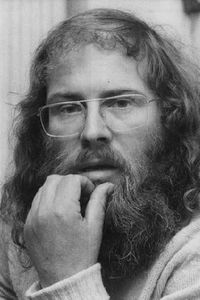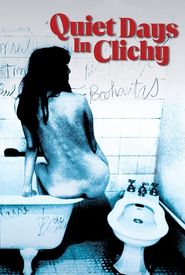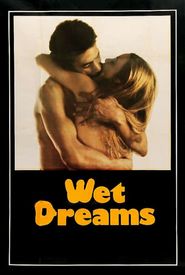Jens Jørgen Thorsen was a multifaceted Danish artist, director, and jazz musician, born on February 2, 1932, in Holstebro, Denmark, and passed away on November 15, 2000. His artistic career was marked by a desire to push boundaries and challenge societal norms.
Thorsen's early artistic endeavors took him to the Royal Danish Academy of Fine Arts, where he attended periodically. However, he chose to pursue a more provocative and unconventional path, using his art to comment on various governmental issues and societal norms. This led to a number of public displays and protests that sparked controversy and debate.
In addition to his work as a visual artist, Thorsen also ventured into the world of film. He wrote, directed, and starred in several films, including the notable adaptation of Henry Miller's novel, Stille dage i Clichy. This film, like much of Thorsen's work, was known for its bold and unapologetic approach to storytelling.
Thorsen's artistic style was not limited to film, as he was also a skilled painter. His works often featured provocative and controversial themes, including a painting of Jesus that some considered to be pornographic. He also planned to create a film called The Many Faces of Jesus, which would have explored the sex life of Jesus and featured both heterosexual and homosexual acts. However, the film faced intense opposition from various pressure groups, as well as from the Queen, Prime Minister James Callaghan, and the Archbishop of Canterbury, Donald Coggan, and was ultimately never made.
Despite the controversy surrounding some of his works, Thorsen's artistic talents were widely recognized, and his abstract paintings have become increasingly collectible. He was also a talented jazz musician and co-founder of the group "Papa Bue's Viking Jazzband". Throughout his life, Thorsen remained committed to his artistic vision, using his work to challenge societal norms and push the boundaries of what was considered acceptable.






















